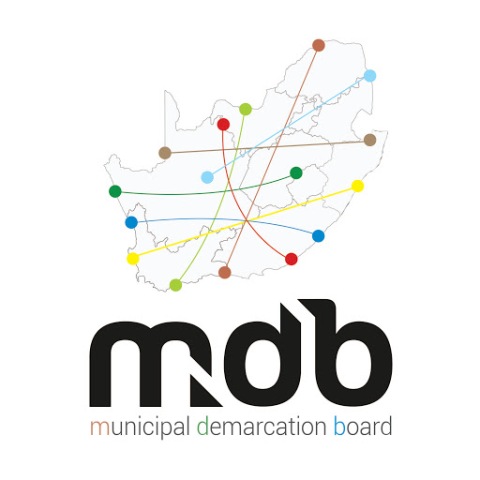The Municipal Demarcation Board (MDB) has begun nationwide consultations aimed at increasing understanding of the ward delimitation process among key stakeholders. The consultations, held in all municipalities, engage traditional leaders, ward councillors, ward committees, municipal officials, and other interested parties.
The MDB is responsible for delimiting wards every five years, in compliance with the Municipal Structures Act (MSA) 117 of 1998, as amended, ahead of Local Government Elections (LGE). The next LGE is scheduled for 2026, and the final ward boundaries will be handed to the Electoral Commission of South Africa (IEC) by the end of 2025.
The MDB explained that the growing number of voters has led to an increase in the number of wards within municipalities. Ward delimitation involves dividing a municipality's geographic area into smaller sections, ensuring that all wards maintain roughly the same number of voters. According to Schedule 1 of the MSA, the number of registered voters in each ward should not deviate more than 15% from the average.
The awareness and education campaign, which started in July 2024, seeks to prepare stakeholders for effective participation in the delimitation process. Public consultations will also be held once draft ward boundaries are drawn, scheduled for March and April 2025. These consultations, though not legislated, reflect the MDB's commitment to public engagement.
Chairperson Thabo Manyoni emphasized the importance of public involvement, noting that it empowers communities to make informed decisions that promote spatial democracy and improve access to services and economic opportunities.











